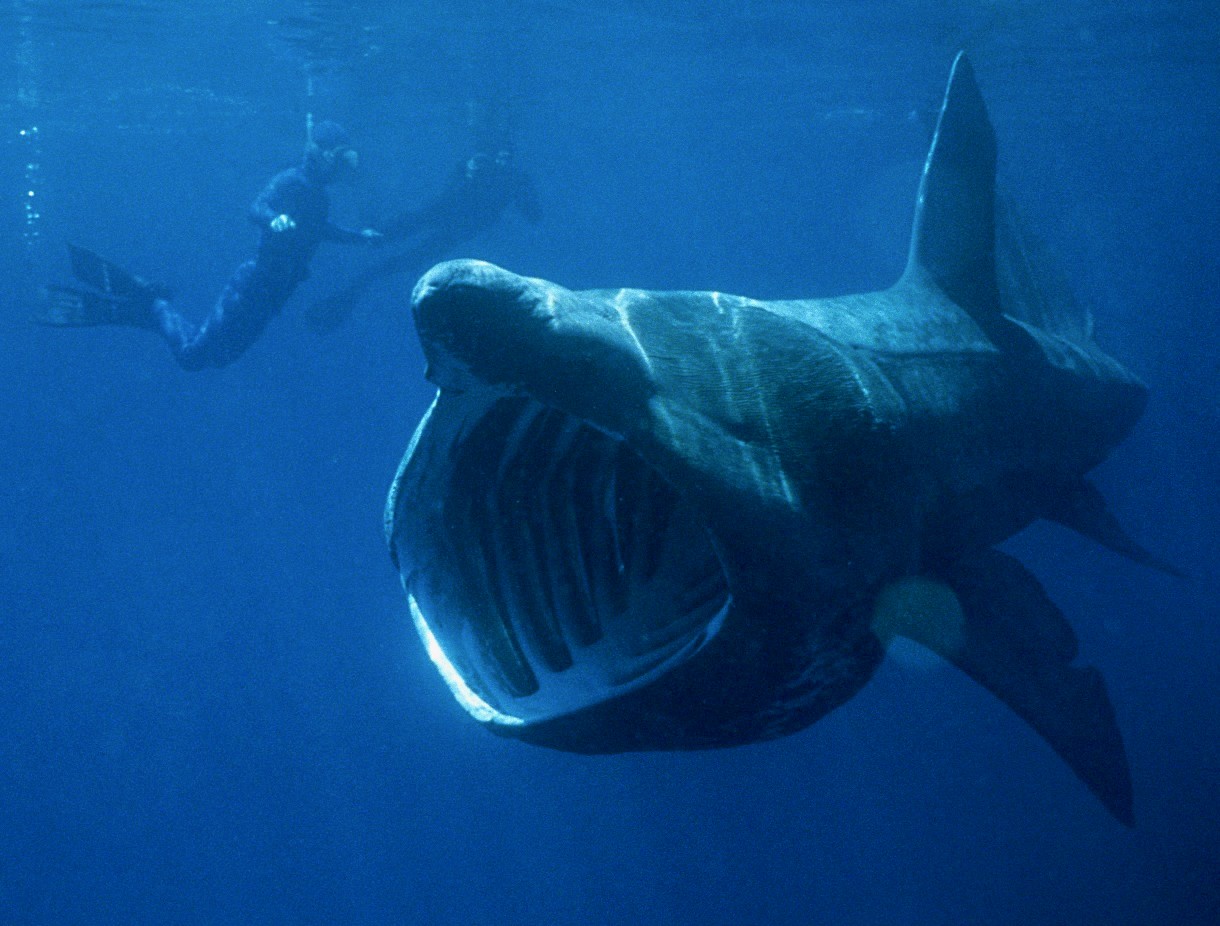Likely measuring more than 5 meters (16 ft) in length, Titanichthys was a giant armored fish that swam the oceans 380 million years ago. It may sound intimidating, but new research suggests that it fed in a manner much like that of today’s harmless basking shark.
Titanichthys was a member of the placoderm species. The fossilized remains of its relatives – which included the better-known Dunkleosteus – clearly show sharp teeth and crushing plates within the mouth. This indicates that those other placoderms probably bit into large prey items, and may also have ground up animals that had hard shells.
By contrast, Titanichthys had a much narrower lower jaw, that lacked teeth or any other cutting/crushing surfaces.
Working with colleagues from the University of Zurich, scientists from the University of Bristol created a computer model of such a jaw bone, based on Titanichthys fossils found in the Moroccan part of the Sahara Desert. Utilizing a technique known as Finite Element Analysis, they then virtually subjected that model to the type of mechanical stress it would experience if biting into large or hard-shelled prey.

It was found that if used for that purpose, the jaw would likely break. The same thing was observed in jaw models from present-day whales and sharks – especially the basking shark – that practise what’s called continuous ram feeding. This means that they swim through the water with their mouth open, capturing large quantities of small organisms such as plankton.
“We have found that Titanichthys was very likely to have been a suspension-feeder, showing that its lower jaw was considerably less mechanically robust than those of other placoderm species that fed on large or hard-shelled prey,” says U Bristol’s Sam Coatham, lead author of a paper on the research. “Consequently, those feeding strategies (common amongst its relatives) would probably have not been available for Titanichthys.”
The paper was recently published in the journal Royal Society Open Science.
Source: University of Bristol
Source of Article